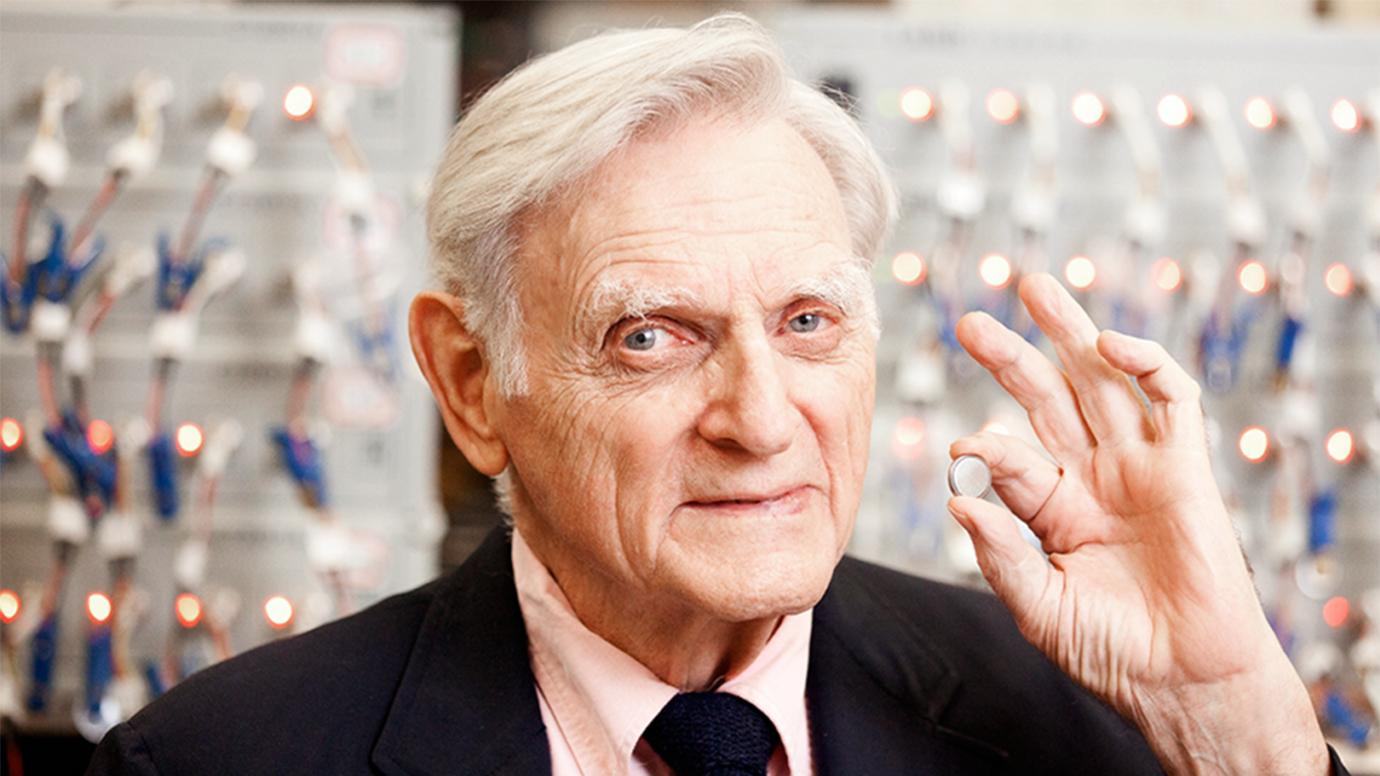Prior to receiving global recognition as a Nobel laureate, John B Goodenough was relatively unknown outside of scientific and academic circles, as well as the commercial entities that capitalized on his groundbreaking work. However, his laboratory breakthrough in 1980 at the University of Oxford laid the foundation for a battery technology that would revolutionize the world. The lithium-ion battery he pioneered became the go-to power source for wireless electronic devices, electric and hybrid vehicles, and an array of modern technologies. From smartphones, laptops, and tablets to life-saving medical equipment like cardiac defibrillators, Goodenough's invention permeated every aspect of contemporary life. Furthermore, his contribution played a significant role in the development of clean and efficient plug-in vehicles, including the popular Tesla models, which have the potential to mitigate the impact of climate change and one day replace traditional fossil fuel-powered automobiles.
The success of the lithium-ion battery can be attributed to the collective efforts of numerous scientists, laboratory technicians, and commercial interests over several decades. It is an exemplar of incremental advancements and interdisciplinary collaboration in the fields of chemistry, physics, and engineering on a molecular scale. However, within this remarkable story, John B Goodenough's contribution stands out as a crucial link, elevating the battery's capabilities and propelling it towards its remarkable potential.
In 2019, at the age of 97 and still actively involved in research, John B Goodenough achieved another historic milestone by becoming the oldest Nobel Prize laureate in history. The Royal Swedish Academy of Sciences recognized his immense contributions by awarding him a share of the $900,000 prize alongside two other pioneers in battery development: M Stanley Whittingham from New York and Akira Yoshino from Tokyo. Despite his groundbreaking achievements, Goodenough did not personally benefit financially from his battery invention. He willingly relinquished most of his rights, opting to share patents with his colleagues and directing stipends from awards towards further research and scholarships. Money held little importance to Goodenough, whose unwavering focus remained on advancing scientific knowledge and fostering innovation for the betterment of society.
Known for his congenial nature and indefatigable spirit, John B Goodenough had been a revered presence at the University of Texas at Austin since 1986. Colleagues marveled at his ability to maintain an inventive mindset well into his 90s. Even in his later years, Goodenough remained dedicated to his research pursuits, tirelessly working on a remarkable breakthrough—a next-generation superbattery. His vision extended beyond the confines of existing energy storage solutions, as he aimed to develop a battery capable of efficiently storing and transporting renewable energy from sources such as wind, solar, and nuclear power. If successful, his superbattery could revolutionize the national electric grid, transforming the way we harness and utilize energy. It could also redefine the role of electric cars in our daily lives, offering unlimited travel ranges and effortless recharging within minutes.
John B Goodenough's remarkable legacy extends far beyond his notable accomplishments in scientific research. His contributions have shaped our technological landscape, enabling advancements in various industries and paving the way for a more sustainable and energy-efficient future. As we bid farewell to this extraordinary visionary, we honor his life's work and celebrate the indelible mark he has left on the world of science and innovation.






0 Comments